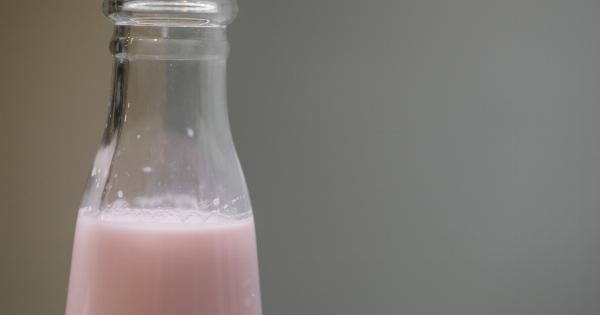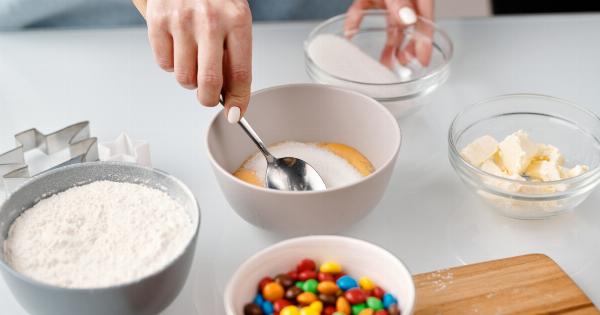Many people turn to light soft drinks as a way to quench their thirst without worrying about consuming too many calories.
Unfortunately, while these drinks may be marketed as a healthier alternative to traditional soda, they still come with a host of hidden dangers that you may not be aware of. In this article, we’ll explore some of the risks associated with drinking light soft drinks and provide tips on how you can reduce your consumption.
Increased Risk of Type 2 Diabetes
One of the biggest dangers of light soft drinks is their potential impact on your blood sugar levels.
These drinks are often sweetened with artificial sweeteners like aspartame, saccharin, or sucralose, which can disrupt the delicate balance of insulin and blood sugar in your body. Studies have shown that people who consume large amounts of artificially sweetened drinks are at an increased risk of developing type 2 diabetes.
Weight Gain and Obesity
While light soft drinks may contain fewer calories than their regular counterparts, that doesn’t necessarily mean they’re good for your waistline.
In fact, studies have shown that people who consume diet soda regularly are more likely to gain weight and become obese than those who don’t. One theory is that the artificial sweeteners in these drinks can trick your brain into thinking you’re consuming more calories than you actually are, which can lead to overeating and weight gain over time.
Dental Health Problems
Another hidden danger of light soft drinks is their impact on your dental health. Regular consumption of these drinks can lead to tooth decay, erosion of tooth enamel, and other dental problems.
This is because the acid in the drinks can soften your tooth enamel and make your teeth more vulnerable to decay. Additionally, the sugar substitutes used in light soft drinks can also cause dental problems when consumed in large amounts.
Kidney Problems
While more research is needed in this area, some studies have suggested a link between light soft drink consumption and kidney problems.
Specifically, one study found that women who drank two or more diet sodas a day had a twofold increase in their risk of kidney function decline. This could be due to the artificial sweeteners used in these drinks, which have been shown to affect kidney function in some studies.
Mood Disorders and Brain Function Problems
There is some evidence to suggest that regular consumption of light soft drinks could also impact your mood and brain function.
One study found that people who drank more than four servings of diet soda a day were more likely to experience depression than those who didn’t drink any. Additionally, some studies have shown that artificial sweeteners can interfere with neurotransmitters in the brain, which could potentially negatively affect your mood and cognitive function over time.
Increased Risk of Heart Disease and Stroke
Finally, another hidden danger of light soft drinks is their potential impact on your cardiovascular health. Some studies have found that regular consumption of these drinks could increase your risk of heart disease and stroke.
This could be due to the fact that artificial sweeteners can negatively impact your blood vessels and increase your risk of developing high blood pressure, which is a major risk factor for heart disease and stroke.
Reducing Your Consumption of Light Soft Drinks
If you’re concerned about the hidden dangers of light soft drinks, there are plenty of steps you can take to reduce your consumption and improve your health. Here are a few tips to get you started:.
- Try switching to water or unsweetened tea instead of light soft drinks.
- If you do choose to consume light soft drinks, make sure to do so in moderation and limit yourself to one or two servings a day.
- Consider gradually reducing your intake of light soft drinks over time, substituting with healthier beverages instead.
- If you’re struggling to reduce your consumption of light soft drinks, consider seeking support from a healthcare provider or a nutritionist.
Conclusion
While light soft drinks may be marketed as a healthier alternative to traditional soda, they still come with a host of hidden dangers that you may not be aware of.
From increased risk of type 2 diabetes and obesity to dental health problems, kidney problems, and mood disorders, there are plenty of reasons to be cautious when it comes to consuming these drinks. By taking steps to reduce your intake and substitute with healthier options, you can improve your health and reduce your risk of developing these and other health problems in the future.





























